Ambassador to Bangladesh Peter Haas emphasized the importance of clean energy for Bangladesh’s future during his address at the Indo-Pacific Business Forum (IPBF) at the EMK Center in Dhaka today.
"Empowering Bangladesh with clean energy today means a brighter, sustainable future for generations to come," said Haas, highlighting the critical role of sustainable energy in the country's development.
The IPBF, a premier U.S. government event, promotes trade, investment, and economic cooperation between the United States and Indo-Pacific partners. This year’s forum, held in Manila, Philippines, is co-hosted by the U.S. Trade and Development Agency and the Philippines government, with participation from 500 regional leaders through virtual and satellite events in Bangladesh and Sri Lanka.
Key themes at the forum included clean energy, digital transformation, supply chain resiliency, transportation infrastructure, and emerging technologies. The event connected CEOs, project developers, government officials, and financiers to discuss and collaborate on infrastructure priorities in the Indo-Pacific.
Haas stressed the finite nature of fossil fuels and the urgency of transitioning to renewable energy sources. "Fossil fuels may be in short supply in the coming years, underscoring the urgency to advance a sustainable, equitable, and just energy transition," he noted. The Ambassador referenced the global energy market shock caused by Russia’s invasion of Ukraine in 2022, highlighting the need for energy independence and security.
He commended Bangladesh’s domestic natural gas resources, acknowledging the role of U.S. businesses in Bangladesh's economic development. However, Haas cautioned that these resources are not infinite and emphasized the necessity of transitioning to renewable energy.
"Renewable and clean energy resources are the key to this energy transition for Bangladesh, for South Asia, and for the world," Haas stated. He advocated for the adoption of solar, wind, hydro, and hydrogen energy to ensure energy security and sustainable development.
To support Bangladesh's clean energy transition, the U.S. government has been collaborating with the Bangladeshi government, private sector, international financial institutions, and other governments. Haas outlined challenges such as integrating intermittent energy sources into national grids, developing cleaner fuel supplies like green hydrogen, ensuring access to finance for renewable technologies, and negotiating regional energy trading agreements.
Achieving a just energy transition in Bangladesh will require contributions from the government, private sector, and civil society. Haas called for policies that incentivize smart investments, cross-border electricity trade, privatization of underperforming state assets, adoption of new technologies, and phasing out of damaging fossil fuel power generation facilities.
“This will not happen overnight. It will take years to accomplish. But we can accomplish it faster if we work together and share our collective knowledge,” Haas concluded.



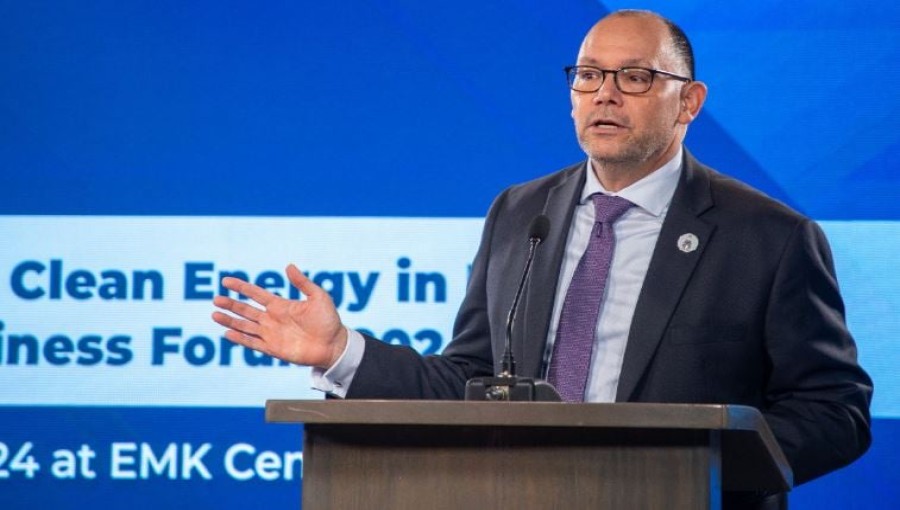






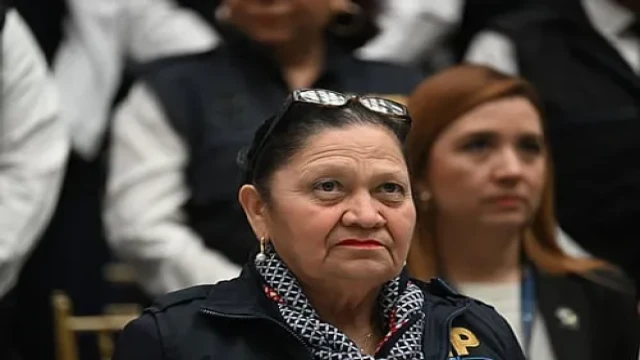


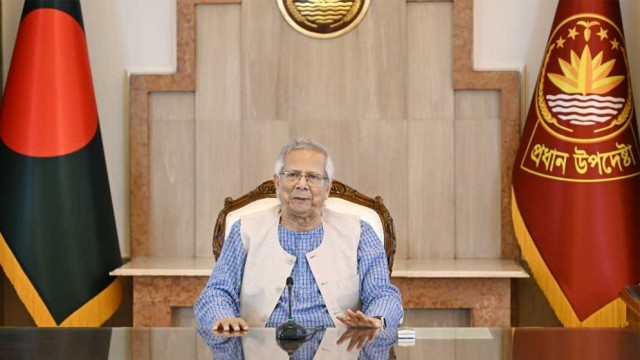
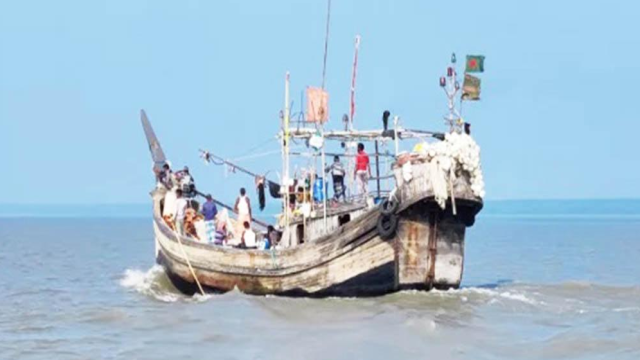
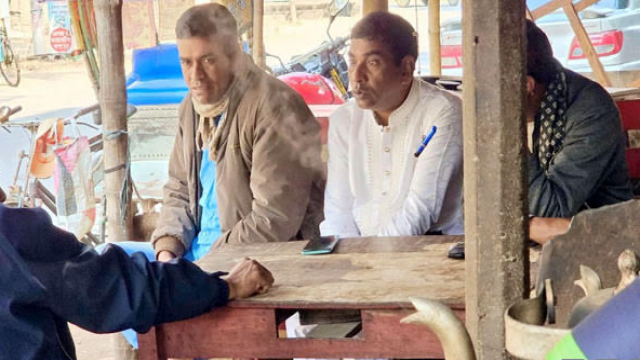



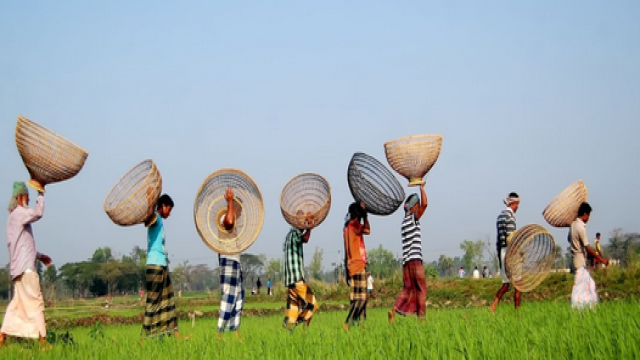











Comment: